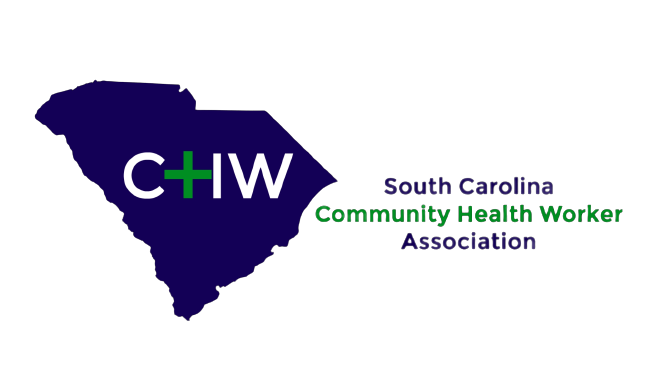4 Powerful Ways CHWs Advocate for Health Equity
4 Powerful Ways CHWs Advocate for Health Equity

Living well is many people’s goal. Health is wealth, meaning a healthy person can do more for work, entertainment, and life. But wealth is also health. Health is more accessible for wealthier individuals because they do not face systemic barriers like poverty, discrimination, or racism. This experience is called health inequity.
The CDC defines health equity as “the state in which everyone has a fair and just opportunity to attain their highest level of health.” Health inequity occurs when some individuals face more obstacles than others to live well. Currently, many US residents experience health inequities. For example, Black Americans experience higher maternal mortality rates, and Hispanic Americans are 50% more likely to die from diabetes.
Healthy People 2030 explains: “Achieving health equity requires valuing everyone equally with focused and ongoing societal efforts to address avoidable inequalities, historical and contemporary injustices, and social determinants of health — and to eliminate disparities in health and health care.” Community health workers are invaluable professionals who can support this mission. Below, we explore four powerful ways that CHWs advocate for health equity.
Influencing policy
CHWs understand the unique needs of their communities. They also have training in advocacy and knowledge of policy. These aspects help CHWs influence county, state, and national policies that impact people’s health. CHWs can attend congressional hearings, provide expert testimonies at town hall meetings, and write to congress to recommend necessary changes. Because of their deep knowledge of the communities they serve, CHWs play a crucial role in advising and influencing policy.
Informing planning
As more communities strive to improve health locally, CHWs provide invaluable insights into community needs and effective strategies. CHWs know what their community members will and won’t use. For example, some cultures avoid taking “assistance” from others but are comfortable taking help if they also provide a service back. In that case, CHWs can advise a give-and-take program where community members volunteer time at a food pantry to gain a weekly voucher.
Addressing disparities
Health disparities are disproportionate burdens placed on marginalized groups. Consider smoking. Lung cancer affects low-income individuals more than higher-income individuals because tobacco companies target their marketing in poor communities. CHWs can address these disparities by connecting disproportionately burdened people to appropriate resources. These community health professionals understand the social determinants of health and how different people face different health challenges. CHWs help address these barriers by connecting the appropriate people to the relevant resources.
Providing opportunities
One unique strategy CHWs offer for addressing health inequities is providing people with opportunities. CHWs help individuals apply for housing, jobs, food stamps, and more. Having these resources and opportunities is one step to achieving health equity. Additionally, CHWs provide peer counseling and mentoring. In the case of substance use, CHWs can help individuals in their recovery process.
The Proven Power of Advocacy
Advocacy is a crucial element of the CHW profession. The American Public Health Association explains that CHWs increase “health knowledge and self-sufficiency through a range of activities such as outreach, community education, informal counseling, social support, and advocacy.” In addition, Logan (2019) explains that being a CHW means advocating. Research has shown that nearly half of CHWs are involved in community-level advocacy to address health needs at a large scale.
CHWs advocate at the micro (individual), macro (community), and professional (employer) levels. Whether they help hospitals make policy updates to serve the community better or advocate for specific programs in different employment settings, CHW advocacy work is essential. And eliminating health disparities to achieve health equity requires this skilled advocacy.
To learn more about CHW training and enroll in a certificate program, contact the experts at Everyday Life Consulting.
https://everydaylifechw.com/4-powerful-ways-chws-advocate-for-health-equity/
